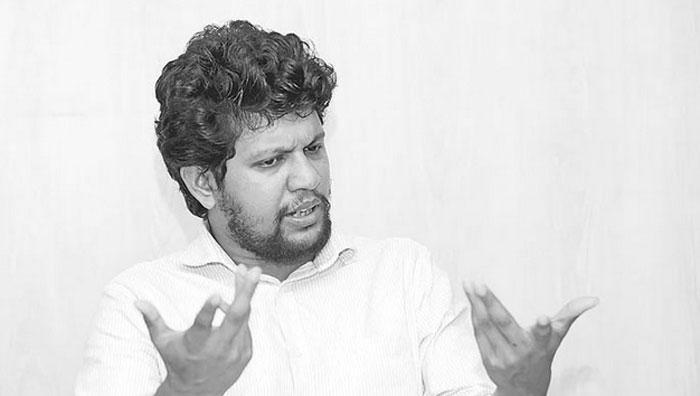Within 48 hours of the return of Begum Khaleda Zia from London, Mahfuz Alam, Adviser to the Ministry of Information and Broadcasting and once introduced by Chief Adviser Muhammad Yunus as the “mastermind of the mass upsurge”, posted a sharply worded Facebook statement that has ignited political discourse.
Alam, a 30-year political organiser and one of the key architects of the July–August 2024 student-led uprising that led to the ouster of Sheikh Hasina, has raised concerns over what he calls a creeping return to the “old bipartisan settlement”.
His post has been interpreted by some as an expression of deep frustration, while others see it as a final call to action for the student forces that spearheaded last year’s revolution.
“Power has multiple centres,” Alam wrote. “Government takes the blame, but the real decisions lie with other centres of gravity.” He warned that democratic transformation cannot be patched together and insisted that a new political arrangement remains out of reach.
Alam criticised political parties for retreating from active engagement after December, even as they continue to maintain their grip over administration, judiciary, and law enforcement. He alleged that the establishment is determined to eliminate student influence and revert to the two-party system.
Of the nearly three dozen recent government appointees, only two are student representatives, he noted. “We are doing the maximum balancing act,” Alam added, referring to himself and Asif Mahmud Shojib Bhuiyan, “but without proportional student representation in government, we can’t be an influencing force.”
He lamented the failure of the student movement to stay united, pointing to factionalism and demoralisation. Alam also criticised the anti-discrimination student platform for failing to consolidate student power nationally.
The former special assistant to the Chief Adviser did not shy away from criticising the current state of the bureaucracy, saying both military and civilian administration have become “compromised.” He also pointed to the enduring dominance of the Awami League in business, media, and judicial spheres.
“The uprising has not extended beyond the urban middle class,” he admitted, highlighting that the rural majority remains untouched. “The establishment is only waiting for a full student collapse to return to the old order.”
“The cultural clash between the left and right has weakened the momentum of the July uprising,” Alam observed. “Shahbagh and Shapla Chattar have become symbols of perpetual division. The right-wing chose misguided strategies and played a reactionary role under emotional influence in the new reality, while the left remained sceptical of the government from the outset and failed to play a decisive role in supporting the uprising.”
As a way forward, Alam called for ensuring rightful student representation in the state and urged unity against what he termed “fascist forces and their agents.” But, he cautioned, this would only be possible if student movements regain integrity, discipline, and ideological clarity.
In response to comments on his Facebook post, he dismissed any suggestion that student representatives might leave the interim government.


